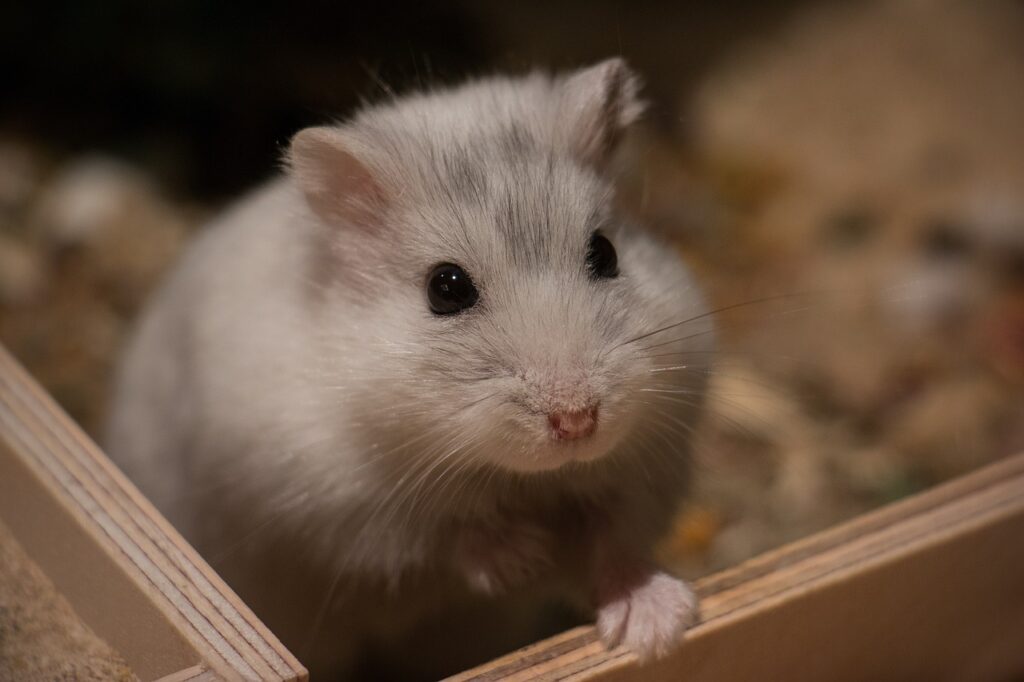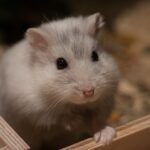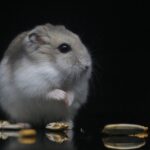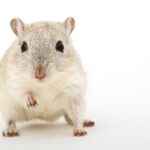Can Hamsters Eat Raisins? Exploring the Potential Dangers
Hamsters are adorable little creatures that bring joy and companionship to our lives. As responsible pet owners, it is essential to provide them with a nutritious diet to ensure their well-being. While hamsters can enjoy a wide variety of fruits and vegetables, it’s important to be aware of potential dangers that certain foods may pose to their health. In this article, we will delve into the topic of whether raisins are safe for hamsters to consume, and why it’s best to avoid feeding them these delectable little treats.
The Primary Dangers of Raisins for Hamsters
Raisins, although enjoyed by humans, can be harmful to hamsters due to their high sugar and calorie content. These tiny dried fruits may seem harmless, but for our furry friends, they can have serious consequences. Hamsters have delicate digestive systems, and the excess sugar found in raisins can lead to obesity, diabetes, and even tooth decay. Additionally, the concentration of sugars in raisins can cause gastrointestinal distress and potentially fatal conditions such as bloating and diarrhea.
Potential Symptoms or Reactions After Consuming Raisins
If a hamster consumes raisins, there is a possibility that they may experience various symptoms or adverse reactions. These can include increased thirst, frequent urination, weight gain, lethargy, and changes in stool consistency. These visible signs of discomfort should not be taken lightly and should be addressed promptly by consulting a veterinarian. It’s crucial to pay attention to your hamster’s behavior and monitor any changes to ensure their well-being.
Safe Alternatives for Hamsters
While raisins may be off-limits for your furry friend, there are plenty of other delicious and nutritious foods that hamsters can enjoy. Opt for fresh fruits and vegetables such as apples, carrots, and cucumbers, which provide essential vitamins and minerals without the high sugar content found in raisins. Additionally, hamster-friendly treats like sunflower seeds, pumpkin seeds, and dried mealworms can add variety to their diet while keeping them healthy and happy.
Preventing Access to Raisins
As loving pet owners, it is our responsibility to ensure our hamsters’ safety by preventing their access to harmful foods like raisins. Store raisins securely in sealed containers and keep them out of your hamster’s reach. Make sure to educate family members, especially children, about the potential dangers of feeding raisins to hamsters. By maintaining a well-organized and pet-safe environment, we can avoid any accidental consumption and promote the overall well-being of our adorable furry companions.
Conclusion
In conclusion, while raisins make for a tasty and healthy snack for us humans, they should not be included in a hamster’s diet. The high sugar content can lead to obesity, diabetes, and various other health issues in hamsters. It’s vital to prioritize their well-being by offering them a balanced and appropriate diet that excludes potentially harmful foods like raisins. By choosing safe alternatives and keeping raisins out of your hamster’s way, you are demonstrating responsible pet care and ensuring a happy and healthy life for your little furry friend.






